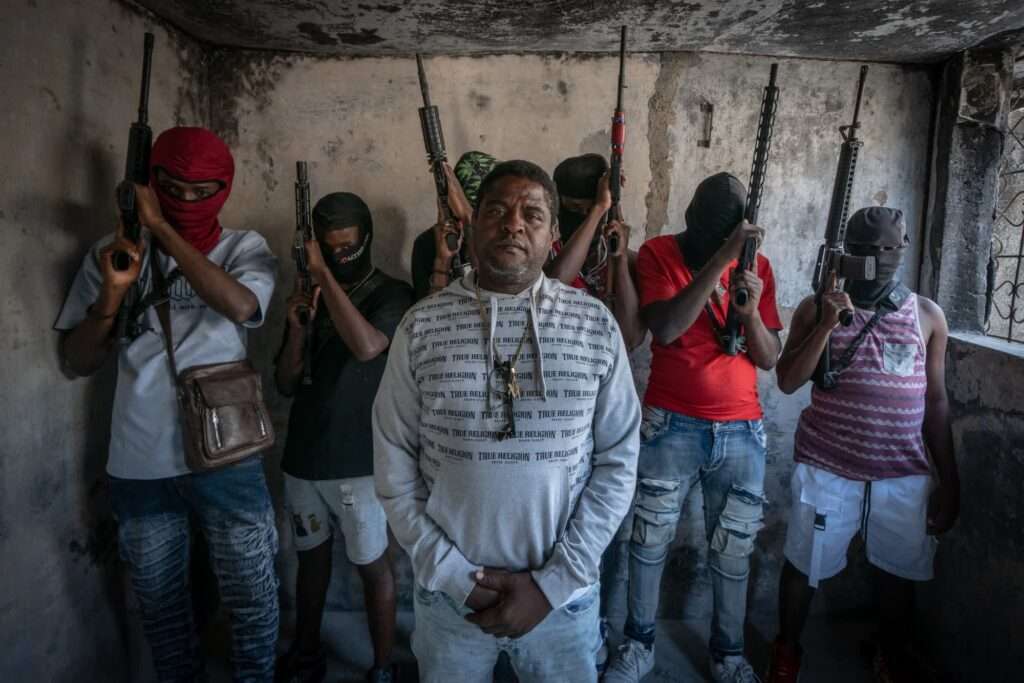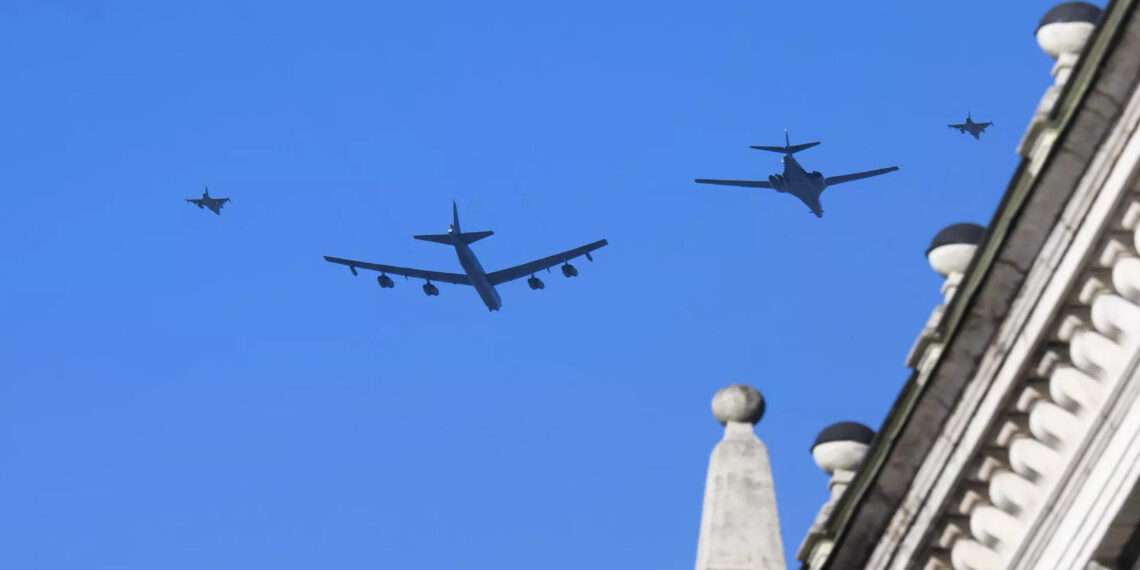The United States military announced on Sunday, March 10 that it has conducted an airlift operation to evacuate non-essential embassy staff from Haiti.
This move comes amidst a concerning escalation of violence, with gangs seizing control across the nation, posing a significant threat to the stability of the government.
“This airlift of personnel into and out of the embassy is consistent with our standard practice for embassy security augmentation worldwide, and no Haitians were on board the military aircraft,” the US military’s Southern Command said in a statement.
The embassy clarified on social media that it “remains open.”
“Heightened gang violence in the neighborhood near US embassy compounds and near the airport led to the State Department’s decision to arrange for the departure of additional embassy personnel,” it said.
In late February 2024, a surge of violence erupted as Prime Minister Ariel Henry was on a diplomatic mission in Kenya, advocating for the deployment of a UN-supported police force from the East African nation to combat gang activities in Haiti.
Following this, criminal groups seized control over significant parts of the capital, Port-au-Prince.
They targeted crucial infrastructure, leading to assaults on two prisons, resulting in the escape of a large majority of the 3,800 inmates held within them.
According to sources, some residents had broken into public buildings to seek refuge from the violence.
Due to the recent outbreak of violence in Haiti, over 360,000 Haitians have been internally displaced, as reported by the International Organization for Migration (IOM), a United Nations agency.
“Haitians are unable to lead a decent life. They are living in fear, and every day, every hour this situation carries on, the trauma gets worse,” Philippe Branchat, IOM’s chief in Haiti, said in a statement.
“People living in the capital are locked in, they have nowhere to go,” he said.
Branchat stated “The capital is surrounded by armed groups and danger. It is a city under siege.”
The airport in Port-au-Prince remained closed, and operations at the main seaport, which is the primary entry point for food imports, were suspended on Thursday, March 7 due to reported looting.
“If we cannot access those containers (full of food), Haiti will go hungry soon,” the NGO Mercy Corps said.

Caricom Calls For An Emergency Meeting
However, Caribbean leaders issued a call late Friday, March 8 for an emergency meeting on March 11 in Jamaica on what they called Haiti’s “dire” situation.
Invitations were extended to the United States, France, Canada, the U.N., and Brazil for the meeting.
Efforts by members of the Caricom regional trade bloc to facilitate the formation of an overarching transitional unity government in Haiti have been ongoing for months.
However, attempts to mediate a resolution have thus far proven futile. In a statement released late Friday, Caricom, the 15-nation Caribbean bloc, emphasized that “the situation on the ground remains dire.”
According to the Caricom statement, despite ongoing intensive efforts by regional leaders to bring opposition parties and civil society groups together for the establishment of a unity government, “the stakeholders are not yet where they need to be.”
“It is vital that this engagement be at as high a level as possible to send a clear message of unity between Caricom and the international community as we work together to provide the critical support to the Haitian people at this time of crisis for them,” said the statement.
In February, the embattled Haitian Prime Minister, Ariel Henry, committed to conducting general elections by mid-2025, prompting efforts from the international community to secure a foreign armed force willing to combat gang violence in the region.
Caricom urged Henry to declare a power-sharing, consensus government in the interim. However, the prime minister has not taken this step, despite mounting pressure from Haitian opposition parties and civil society groups demanding his resignation.
READ ALSO: Haiti Declares State Of Emergency























